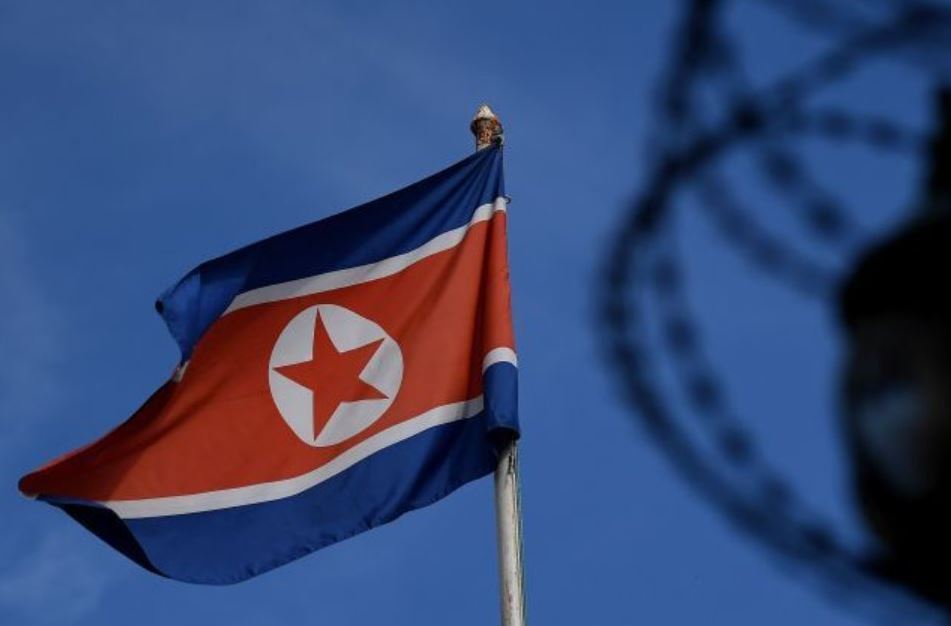
Around 42 percent of North Koreans were undernourished last year, a UN report said Tuesday, as the impoverished nation faces acute food insecurity amid the prolonged pandemic and severe weather conditions, compounded by international sanctions.
As many as 10.9 million people in North Korea, or 42.24 percent of the population, were undernourished from 2018 to 2020, according to the report jointly published by five UN agencies, including the Food and Agriculture Organization, the World Food Program and the World Health Organization.
The UN defines undernourishment as habitual food consumption being “insufficient to provide the dietary energy levels that are required to maintain a normal active and healthy life.”
The percentage is the sixth-highest in the world, after Somalia, the Central African Republic, Haiti, Yemen and Madagascar.
In an indication of chronic or recurrent malnutrition, around 1 in 5 children under the age of 5 in North Korea had suffered stunted growth as of the end of 2020.
The child stunting rate came to 18.2 percent, or about 300,000 children under the age of 5, according to the report. The figure is an improvement from 26.2 percent in 2012, but still high in a global comparison.
Meanwhile, the FAO has also designated North Korea as a food-deficit country in need of external aid, warning that the country is expected to enter a “harsh lean period” next month.
In the latest Crop Prospects and Food Situation Report, the FAO put North Korea on its list of 45 countries in need of external assistance for food.
North Korea has been categorized as a country with “widespread lack of access” to food, where a large proportion of the population suffers from “low levels of food consumption and very poor dietary diversity.”
“The economic constraints, particularly resulting from the global impact of the COVID-19 pandemic, have increased the population’s vulnerability to food security,” the report said.
The UN agency said the North is expected to face a food shortage of around 860,000 tons this year, which is equivalent to approximately 2.3 months’ worth of food for the country.
“If this gap is not adequately covered through commercial imports and/or food aid, households could experience a harsh lean period from August to October, when the 2021 main season grain crops are expected to be available for consumption.”
Of the countries requiring external food aid, 34 are in Africa, two are in Latin America and the Caribbean, and nine are in Asia. The other Asian countries on the list are Myanmar, Bangladesh, Afghanistan, Iraq, Lebanon, Yemen, Pakistan and Syria.
Concerns are rising as North Korea appears to be bracing itself for a serious food crisis, with observers worrying the condition could be as dire as the famine that struck the country in the 1990s.
The North has suffered chronic food insecurity for years, but the situation was aggravated by last year’s flooding, which wreaked havoc on its farming sector. The COVID-19 outbreak has also exacerbated the country’s food crisis, as the North, which relies on China for food and other materials, suspended all trade with its main partner to prevent the spread of the coronavirus.
At a key party meeting last month, North Korean leader Kim Jong-un made a rare admission that his country was facing “tense” food shortages due to last year’s typhoon and floods, stressing that resolving the food issue was a “top priority.”



















![[Today’s K-pop] Treasure to publish magazine for debut anniversary](http://res.heraldm.com/phpwas/restmb_idxmake.php?idx=642&simg=/content/image/2024/07/26/20240726050551_0.jpg&u=)